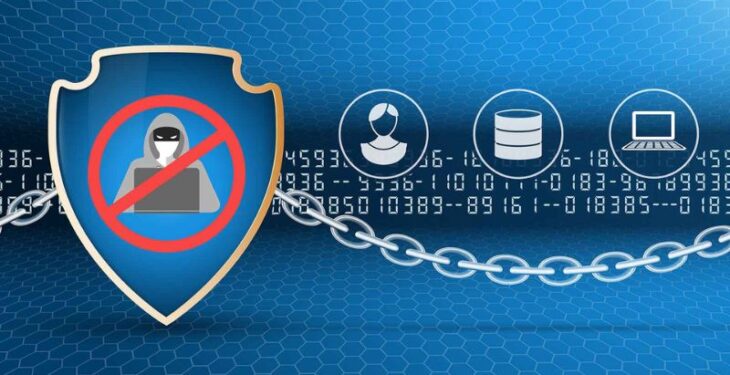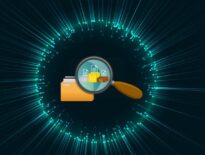The Internet is an invaluable resource, opening up infinite opportunities for learning, entertainment, and business. Yet, the vast expanse of the online world also serves as a playground for malicious entities. The need for online safety cannot be overstated as the lines between our digital and real-world lives continue to blur.
Here are five essential tips to shield yourself from hacking attempts and ensure you roam the web securely.
Adopt Strong Passwords
The key (pun intended) to your online safety is often the passwords you set. Many hacking attempts are successful simply because of weak or predictable passwords. Here’s how to boost your password’s strength:
- Ensure length and complexity: A password’s strength increases exponentially with its length. Aim for at least 12 characters. Incorporate uppercase and lowercase letters, numbers, and special symbols.
- Avoid common words: Refrain from using easily guessable words, especially the names of family members, pets, or favorite sports teams. Instead, consider phrases or use a password manager to generate random strings.
- Change regularly: Even the strongest passwords can be compromised over time. Make it a habit to change passwords periodically.
- Use one for each service: Avoid using the same password across multiple platforms. If one account gets hacked, others won’t be immediately vulnerable.
Update Regularly
Software updates are about more than just introducing new features. Most updates also carry critical security patches that fix known vulnerabilities. By postponing or ignoring updates, you leave the door ajar for hackers familiar with these vulnerabilities. Whether it’s your operating system, apps, or web browsers, always keep them updated. Moreover, invest in good antivirus software that gets frequent updates.
Beware of Phishing Attempts
Phishing is the act of tricking individuals into sharing sensitive data, like passwords or credit card details, by pretending to be a trustworthy entity. Here’s how to combat it:
- Check URLs: Before inputting any sensitive data, always double-check the website’s URL. Look for the “https” prefix and a padlock symbol in the address bar, indicating a secure site.
- Beware of suspicious emails: Beware of unsolicited emails, especially those urging immediate action. Phishers often disguise themselves as known entities, like banks or service providers.
- Never click on unverified links: If an email or message seems off, don’t click on any embedded links. Instead, visit the website directly or call the purported sender to verify.
Use a VPN for Extra Security
A Virtual Private Network (VPN) encrypts your internet connection, ensuring your data remains confidential as it travels through the vast expanse of the internet. Here’s a deeper dive into its benefits:
- Public Wi-Fi safeguard: Public networks at cafes, airports, or libraries are notorious for their lax security, making them playgrounds for hackers. A VPN protects your connection from threats in such places, remains private, and is shielded from prying eyes.
- Bypass geographical restrictions: Apart from security, VPNs allow users to appear as though they are browsing from a different country. This can be useful for accessing content restricted to specific regions.
- Prevent ISP throttling: Some Internet Service Providers (ISPs) throttle bandwidth if they detect streaming or heavy downloading. A VPN can mask your activities, ensuring consistent internet speeds.
- Enhanced privacy: By hiding your IP address and encrypting your connection, VPNs ensure that your browsing habits and personal data remain truly private, safeguarding against both hackers and overreaching surveillance.
Employ Multi-Factor Authentication (MFA)
MFA is a system wherein users must provide two or more forms of identification before accessing their account. This security measure significantly enhances the protective barriers around your online accounts. Here’s why:
- Layered defense: Even if a hacker breaches one layer (like knowing your password), they are confronted with another layer of defense. This can be a numeric code sent to your phone, a fingerprint scan, or even facial recognition.
- Flexibility: Different platforms offer various MFA methods, allowing users to choose what’s most convenient and secure for them. Users can often decide whether it’s a text message, a phone call, or an authentication app.
- Immediate alerts: You’re often notified instantly if someone tries to access your account and triggers the MFA. This can give you precious time to take preventative actions, such as changing passwords or notifying the service provider.
More and more services are offering MFA options. While it may seem like an added step during login, the security benefits are monumental. Activate it whenever it’s available.
Conclusion
In the vast landscape of the internet, threats loom large. Yet, with proactive steps and an informed approach, you can effectively ditch hacking attempts and surf safely. Implementing these five tips might require time and effort, but the peace of mind they offer is priceless. Remember, in the online realm, it’s always better to be safe than sorry.






